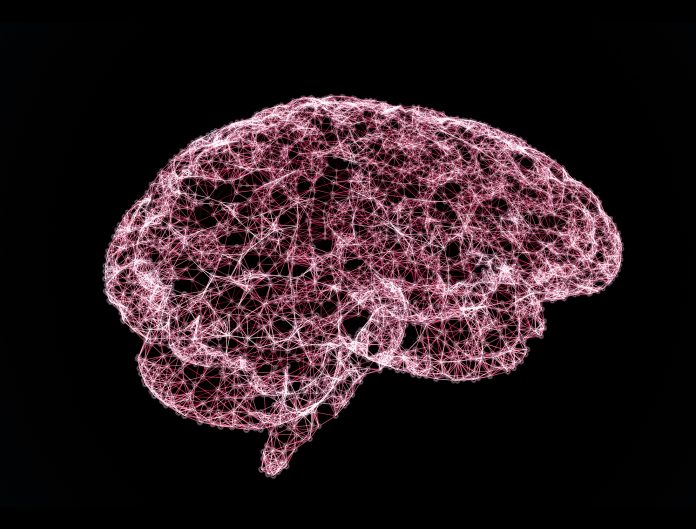Scientists have challenged the age-old adage that “You can’t teach an old dog new tricks” by revealing new possibilities for rejuvenating ageing brains
Led by Daniela Vallentin at the Max Planck Institute for Biological Intelligence, their research, focusing on zebra finches known for their complex songs, reveals possibilities for rejuvenating learning abilities even in adulthood.
Zebra finches, like many animals, have a critical period early in life for learning songs. After this period ends, their brains become less flexible, hampered by inhibitory neurons that restrict further learning. Vallentin’s team aimed to overturn this neural limitation using advanced techniques such as optogenetics, which allowed them to selectively deactivate these inhibitory neurons in adult finches.
Rejuvenating learning abilities for ageing brains
Previously thought impossible, the adult finches began to expand their vocal repertoire, adding new elements to their songs. “We observed an expansion of the adult animals’ vocal repertoire that was previously thought impossible,” remarked Fabian Heim, the study’s lead author.
The discovery offers hope for humans as well. Similar critical periods for learning exist in human development, influencing skills ranging from language acquisition to social behaviours. If scientists can pinpoint and manipulate the mechanisms controlling these periods, it could pave the way for new therapies targeting neurodegenerative diseases and injuries affecting learning abilities.
Human ageing: How to help ageing brains
Imagine a future where individuals of all ages can acquire new skills and knowledge like they did when they were younger. The importance of education, rehabilitation, and overall cognitive health is huge.
While the study was conducted on zebra finches, the principles uncovered could change our approach to human ageing. As researchers look deeper into the underlying mechanisms, the possibility of extending learning windows and rejuvenating neural connections becomes increasingly possible.
This study makes us reconsider the limitations we impose on ourselves as we age. The longtime saying “You can’t teach an old dog new tricks” could soon be outdated and replaced with a new understanding of the brain’s potential for growth and adaption even with age.
Vallentin and her team’s research offers a glimpse into a future where age is no longer a barrier to learning. With continued exploration and innovation, we may unlock the full potential of ageing brains.











